Living with HPP: Cindy
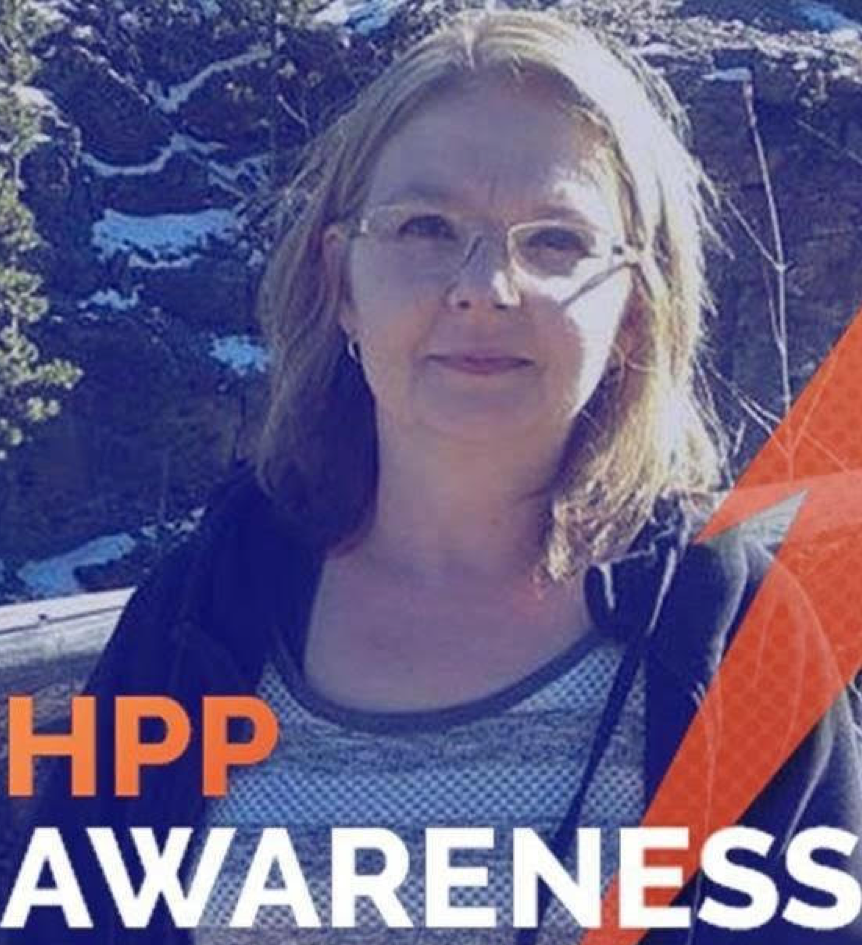
My name is Cindy. I was diagnosed with Hypophosphatasia before I was 2yrs old. This was back in the early 1970’s. They didn’t know much about the disease at that time, except the prognosis was not a good one. They told my parents that I wouldn’t live very long. With each timeline they gave, I surprised them. I continued to fight. My childhood was pretty much spent being a research patient. I had many corrective surgeries on my legs. Each of those surgeries were accompanied by full summers in a body cast to heal then having to learn to walk all over again after the casts were removed. I wore a back brace for scoliosis for many years and braces on my right leg on and off. When I was about 15, I entered the “honeymoon” period. I was never expected to live past my teenage years. I really hadn’t thought too much about the future. I enrolled in college. This was back before the ADA existed. Schools were very strict on freshman rules about living on campus and no cars allowed by freshman. The campus was huge. I could not make the walk from dorms to classes, let alone carry my heavy books that far. I tried a wheelchair and most buildings were not handicap accessible and self-powering the wheelchair was exhausting too. They would not make any special accommodations for me, so I had to withdraw and come home. I began taking some college courses through an outreach program. This worked well for me at the time.
In the meantime, I had met the man of my dreams. The doctors told us that I would not pass along the disease any worse than I had had it to my children. Even though my childhood was a lot of medical procedures and issues, it was still a good one. Full of wonderful memories. We married and had 3 children. I lost two babies for unknown reasons. Two of my daughters have a mild form. They did not require any surgeries or braces growing up. They lived a pretty typical childhoods/teenage years. My youngest daughter was actually diagnosed in utero as the benign prenatal form. She was very tiny and spent some time in the NICU. She had some failure to thrive and projectile vomiting early on, but grew out of it. However, her pediatrician wouldn’t listen to me about HPP. So I changed her diet and managed her as my doctors and parents had managed my diet and activities. This seemed to work for a while. She became more symptomatic in her late teens.
After I survived my teenage years, and a little more was known about the disease, the doctors decided that HPP was not going to be a problem after I quit growing. In my late 20’s I started experiencing complete exhaustion and a lot of foot, leg and back pain. My family doctor told me to quit being “super mom”, told me I was having recurrent sinus infections (headaches & fatigue) and started me on some B12 injections. I slowly got worse and worse. At 32 years old, it was discovered I had had some very slow growing cancer that my body was not trying to fight off. My lab tests did not show the markers for it. I had a hysterectomy with my ovaries removed at just 32 years old. I went straight in to surgical menopause. For some reason my system would not tolerate the hormone replacement therapy. So here I was at 32 years old with the body of a typical 60 year old. Most of my increasing symptoms were dismissed as just having the body of an older lady and menopause symptoms.
In the meantime, I watched my mother age and suffer immensely. Looking back, I now know she was suffering with adult onset HPP. She was the carrier. In my early 40’s I started having some neuro problems and saw myself turning into my mother in other ways too. I was bound and determined that I was going to figure out what was going on. My mother quit going to the doctor when she never got any helpful answers. I began seeing a myriad of doctors in 2013. Still not much was known about the adult complications of HPP. Luckily my family doctor didn’t give up on me and kept sending me out to specialist. Along the way pieces were put together. Finally, it was found that I had heart disease/coronary artery disease from a stress test and cardiac catheterization. So that explained the constant fatigue and breathing problems. The cardiologist couldn’t place the stent I needed during the catheterization procedure. My artery tore and I was bleeding out very badly and in respiratory distress. I was told I was going to have to learn to live with heart disease. It was too risky to go back in to have the stent placed until basically, I had another heart attack. Still didn’t explain the neurological issues fully, but I learned to cope with them somewhat and tried to manage the heart disease.
Over the next year, my pain in other areas increased. I lost almost all my muscle mass. I was so weak I could not manage day to day things. I had very little mobility. I was basically bedridden or scooter- bound. I had so much brain fog and confusion that I could not function. The neurologist tested me for Alzheimer’s three times along the way. He just couldn’t believe I didn’t have Alzheimer’s or early onset dementia.
I finally went back to my family doctor and told him this is NOT just heart disease. He then sent me off to an endocrinologist with a chronic fatigue syndrome diagnosis to get me in the door there. Over the years, on every new patient form I filled out, I listed HPP as the first thing in the conditions section.
Apparently no doctor ever took the time to look it up. This endo walks halfway in the door, says “Hun, this is just the natural progression of your disease” (meaning HPP). He said to give him a few minutes, he’d be back. He came back and said there really is no treatment at this time. Just managing the symptoms. Started me on some Vitamin D supplements and told me about Forteo being a possible option and he wanted to send me out of state to see a specialist. I came home from that appointment and started researching on my own. I found a couple of support groups. I am now on the new treatment for HPP. Many of my health issues are now explained and being managed the best that they can. I am currently active in helping others maneuver this journey and supporting patient advocacy.



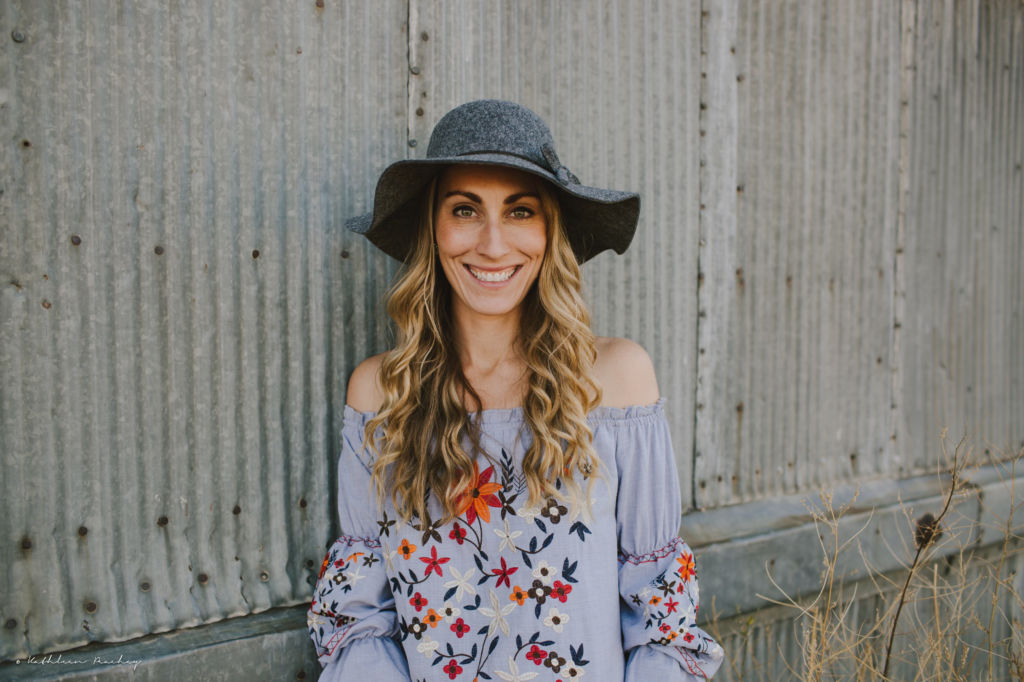
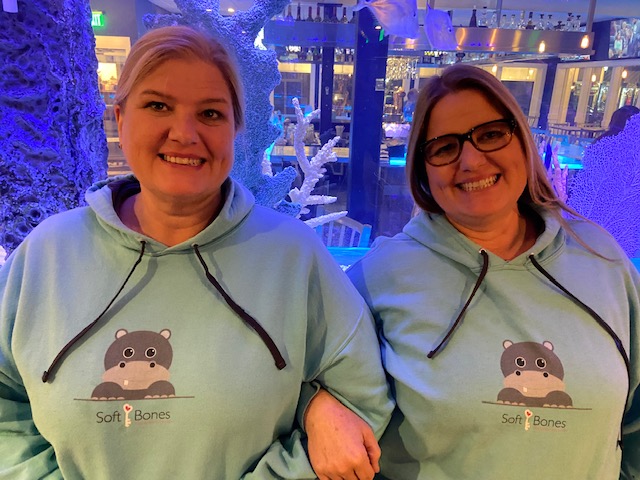
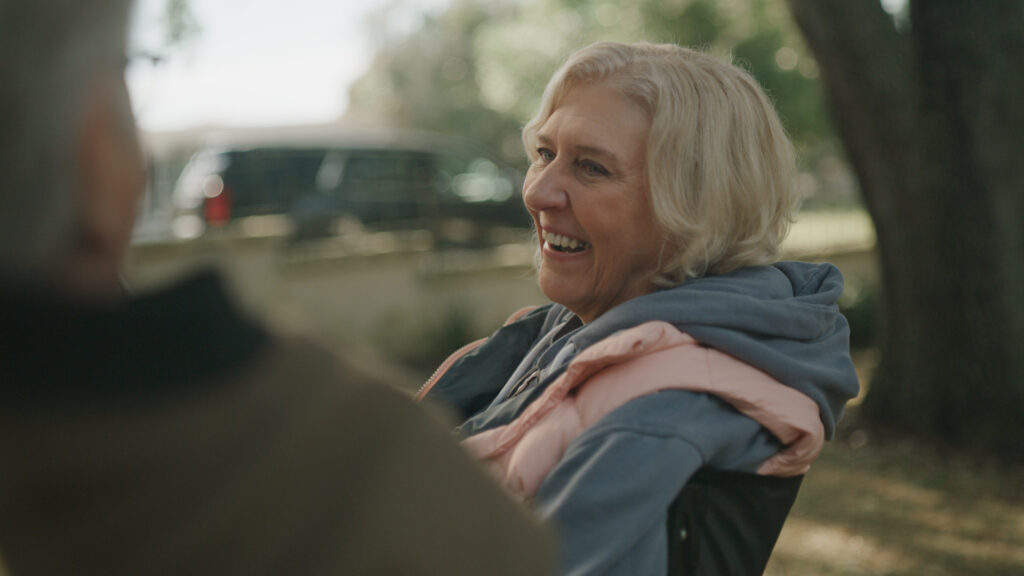
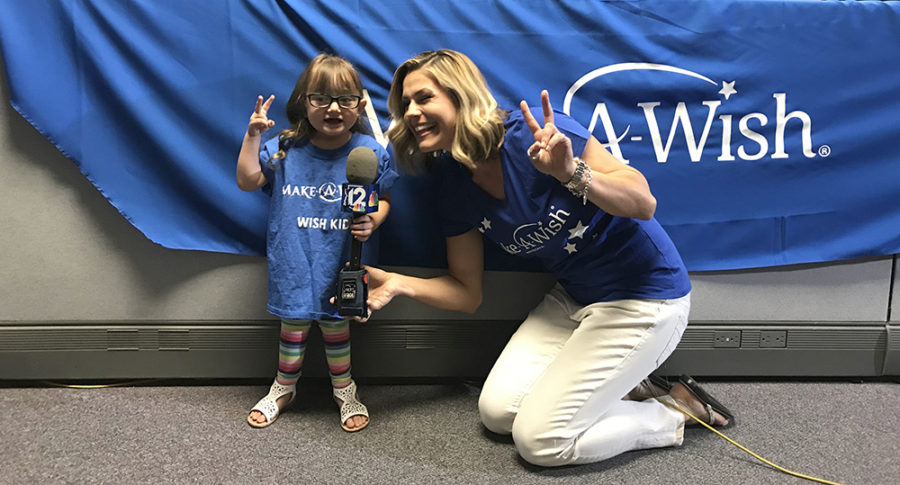

Responses